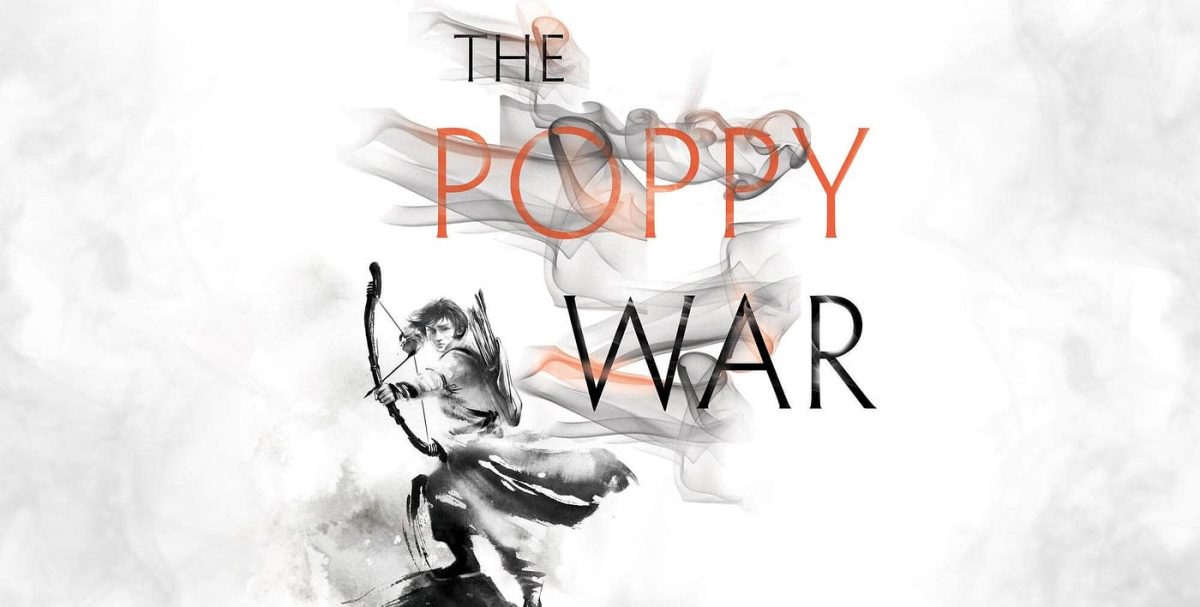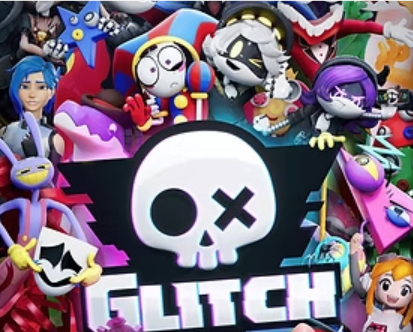The Poppy War by R.F Kuang is an incredibly compelling and complex novel, based roughly on true events, that paints an intimate, deep portrait of colonialism, war, violence, and trauma.
The Poppy War follows Rin, a young girl from an oppressed South on her quest for self-discovery and vengeance. After testing into Sinegard, the most prestigious military academy in Nikan, she discovers that she wields an unthinkable power. Under the careful teachings of her odd teacher, she trains to become a Shaman and unleash the powers of her mighty god, the Phoenix. However, as war breaks out between Nikan and an opposing nation, Rin must quickly learn to channel her powers and fight for her country.
You should note that this book is not for the faint of heart. It does not shy away from the brutalities of war, nor does it sugarcoat history, as typically seen in high school history classes. Moreover, it’s admirable that The Poppy War doesn’t glorify war. Instead, war is portrayed as a grotesque excuse for two opposing forces to inflict unfathomable suffering upon each other for no reason other than their differences. Neither country is seen as innocent or the hero. Both sides commit large-scale atrocities that leave the audience horrified and hollow.
In addition, you might be surprised to find that the world-building in The Poppy War is based on real-life events. Kuang took inspiration from Chinese mythology when crafting the 64 deities in the novel, as well as from the Second Sino-Japanese War. The Federation of Mugen is meant to represent Japan, whereas Nikan depicts China. This makes the horrifying themes of war, drug use, genocide, torture, self-harm, and rape even more terrifying. To think that real countries performed these gruesome acts on innocent civilians leaves the reader feeling hollow.
Every character in this book is so complex, that it’s difficult for the reader to lack sympathy for them. Each character has dreams, aspirations, and motives, so seeing opportunities stripped away from them as the Third Poppy War begins is devastating. Kuang does an outstanding job of crafting sophisticated main characters and creating rich, multi-dimensional secondary characters that aren’t thrown into the narrative as mere plot devices. Furthermore, I would argue that there aren’t any definitive protagonists or antagonists. Each character will make decisions that leave you screaming at your book from their sheer lack of thought. In retrospect, this makes the characters more relatable while shedding light on the fragility and vulnerability of their minds amid war. Making decisions during a time of war is so difficult because it could mean the difference between life and death for countless civilians and soldiers, and this skews or clouds the character’s judgment at various points.
The Poppy War is brutal, yet masterfully crafted and I would recommend it to anyone. This book contains all your classic fantasy novel elements intertwined with gorgeous prose; complicated, realistic characters; and prodigious world-building. Please let this be your next read!








